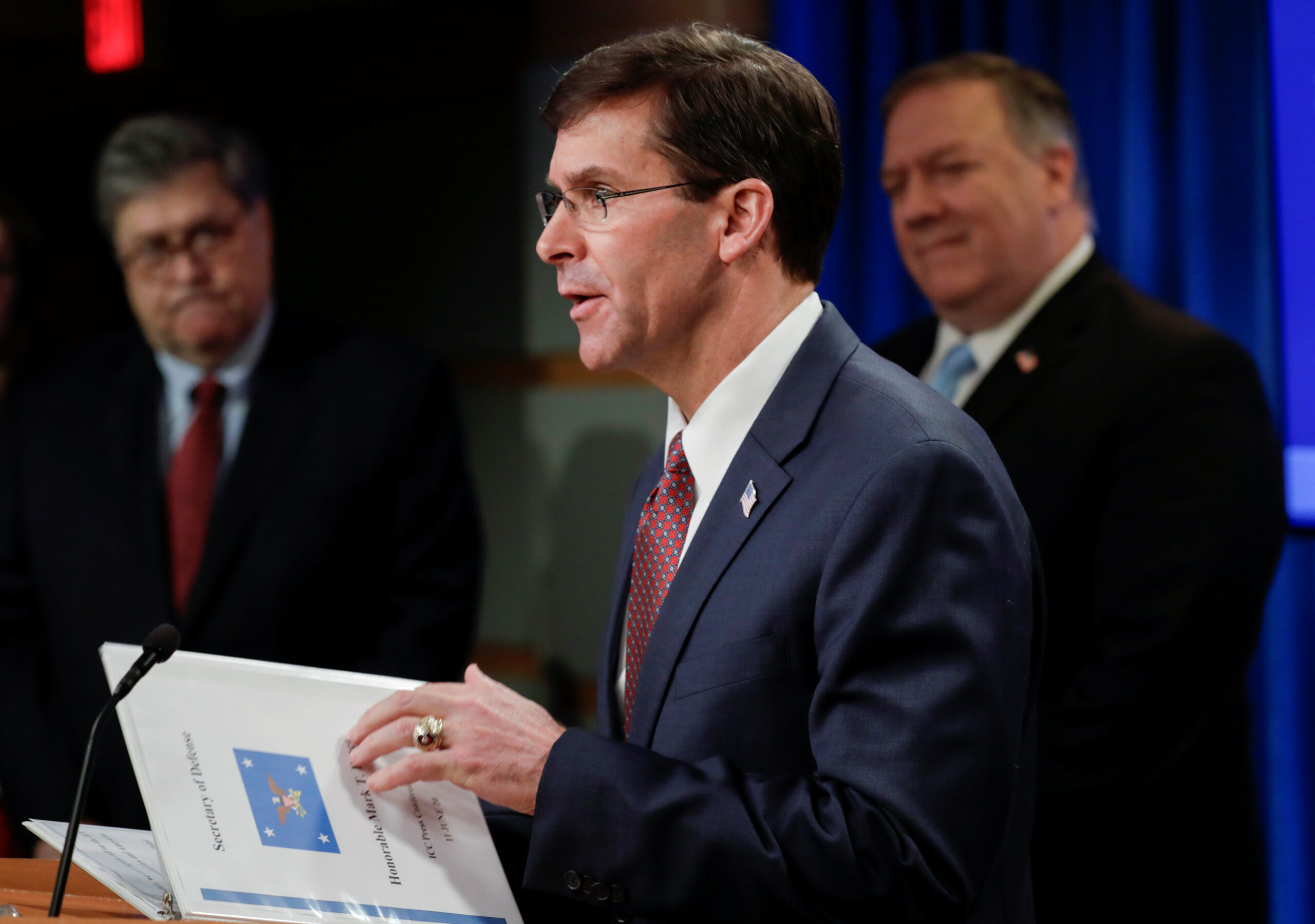The U.S. President Donald Trump imposed sanctions on four judges from the International Criminal Court (ICC).
The action, announced on Thursday, targets judges accused of authorizing what the U.S. termed “illegitimate and baseless” investigations into American and allied personnel.
In a written statement, U.S. Secretary of State Marco Rubio defended the sanctions, claiming the ICC “falsely claims unfettered discretion to investigate, charge, and prosecute nationals of the United States and our allies.” He argued that such actions not only threaten U.S. sovereignty but also compromise national security, particularly in relation to allies like Israel.
The targeted judges include:
- Solomy Balungi Bossa of Uganda
- Luz del Carmen Ibáñez Carranza of Peru
- Reine Adélaïde Sophie Alapini-Gansou of Benin
- Beti Hohler of Slovenia
The U.S. government stated that Judges Bossa and Ibáñez Carranza were specifically sanctioned for their role in green-lighting an ICC probe into alleged war crimes in Afghanistan by American troops during Trump’s presidency.
Also Read; African Nations Push Back Against U.S. Pressure
Under the sanctions, any assets the judges hold within U.S. jurisdiction will be frozen. In addition, U.S.-based companies and individuals are barred from providing them with funds, goods, or services. Travel restrictions also apply, effectively barring the judges and their immediate families from entering the United States.
The ICC responded with strong condemnation. In a public statement, the court said it “deplores” the decision and viewed the measures as an attempt to “undermine the independence of an international judicial institution.” The ICC, established by the Rome Statute and supported by over 120 countries, stressed that targeting judicial officials for doing their job sends a dangerous message.
“This only emboldens those who believe they can act with impunity,” the court stated, referencing concerns about justice for victims in conflict zones.
Legal experts and human rights groups have also voiced alarm. They warn that such punitive actions against judges could set a troubling precedent, particularly when it comes to prosecuting serious international crimes like genocide, crimes against humanity, and war crimes.
While the U.S. is not a party to the Rome Statute, and thus not a member of the ICC, previous administrations have typically chosen to express disagreement through diplomatic channels rather than direct sanctions.







